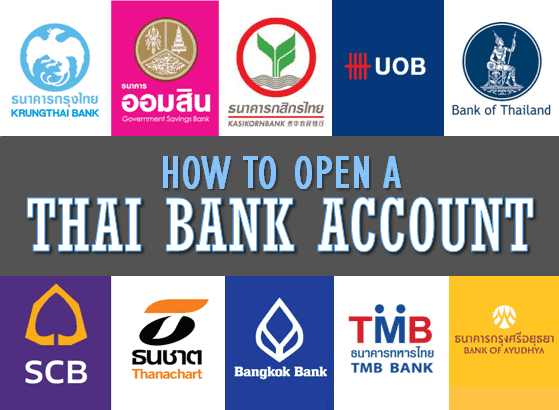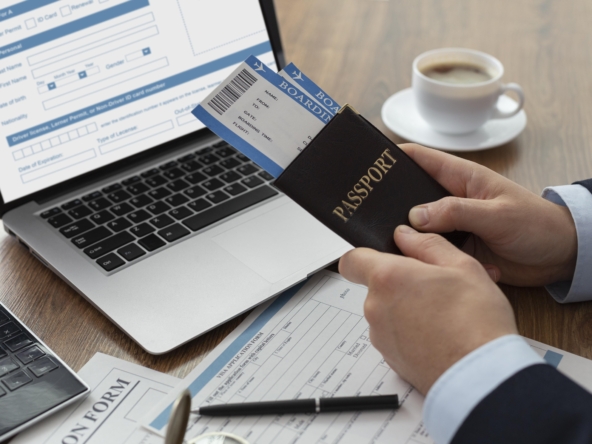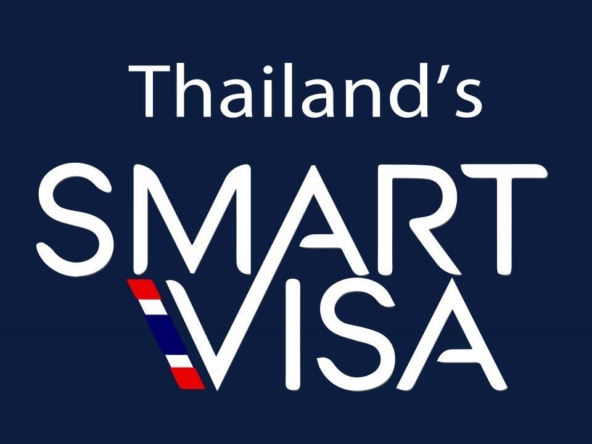If your retirement dreams include a beautiful climate, new cultural experiences, access to affordable healthcare and a lower cost of living, you may be thinking about retiring abroad. One destination popular with retirees is Thailand, a small country in southern Asia known for its natural beauty, pristine beaches, exotic cuisine, temples and friendly people.
According to International Living, a publishing group that covers living and retiring overseas, Thailand has one of the lowest costs of living in the world, adding to its appeal as a top retirement destination. Here, we take a look at how much money you need to retire in Thailand, plus how to make your retirement dollars last longer.
Good Starting Point
The requirement for a retirement visa is 65,000 baht per month (about $2,000) or savings of 800,000 baht ($25,000) in a Thai bank account. Steven LePoidevin, InternationalLiving.com Thailand Correspondent, says this is a good starting point for a retired couple. “This would provide for a basic but comfortable lifestyle,” he reports.
Like anywhere, it comes down to location; some places in Thailand will be more affordable than others. “[A retired couple] would obviously live a much higher quality lifestyle in Chiang Mai than in Bangkok,” says LePoidevin. “As a retiree, I personally would not want to live here with less than $1,500 to $2,000 per month income. This is assuming you are renting, not living in your own condo or home.” For more on Chiang Mai, see Retire Abroad: Cosmopolitan Cities.
For the Really Budget Conscious
Though $2,000 a month is a good starting point, it is possible to get by with a much smaller budget. LePoidevin points out that the average Thai resident lives on less than $1,000 per month. “If you want to live in a small apartment, eat only local food, never travel, not have any health insurance and rarely take part in any form of entertainment, I suppose anybody could live on this small amount of monthly income,” says LePoidevin. Most expats, however, would have a difficult time living within a $1,000 per month budget and should count on a bit more – even if they are really budget conscious. “I still believe that it is necessary to have a steady income of at least $1,200 to $1,500 per month for a bare minimum,” says LePoidevin.
Living Large
$5,000 per month would give you a very lavish retirement in most of Thailand, according to LePoidevin. “This would be enough money to rent a two-bedroom condo in the heart of Bangkok or in one of the many beach areas. If you purchased a condo, then you could definitely live a very good lifestyle on this amount,” says LePoidevin.
Aside from living in a choice location, a $5,000 budget would allow other perks. “[$5,000 per month] would provide enough money to eat out on a regular basis, employ a housecleaner a couple of times per week, use AC on a regular basis, have high-speed internet and still have more than enough for entertainment expenses,” says LePoidevin.
Factor in Healthcare
LePoidevin notes that healthcare is one cost that is frequently overlooked, but that expats need to plan for it. There is no public health insurance in Thailand for expats. For those older than 60, private health insurance can be quite expensive. “It is necessary to consider your own family history and the risks involved before you begin to seek the best insurance plan for your situation,” says LePoidevin.
“Because of the low cost of healthcare in Thailand, many expats rely on their savings for unforeseen medical emergencies. Others only buy less expensive accident insurance in the hopes that they are more likely to have an accident than a dire medical emergency.” Sometimes it is possible to rely on travel insurance if you are returning back to your home country or traveling on a regular basis. “This is also a less expensive avenue to pursue if it fits your needs,” says LePoidevin.
Stretching Dollars
One of the best ways to make your retirement dollars last longer is to live like a local. “It is easy to find smaller inexpensive houses and apartments throughout the country,” says LePoidevin. “The quickest way to burn through retirement money is to spend it on alcohol and international foods. Both are very expensive in Thailand. Purchasing fresh local produce, eating out in ‘mom and pop’ local restaurants and cutting back on alcohol consumption will result in a much smaller monthly expense.”
The Bottom Line
If you are thinking about retiring abroad, Thailand is worth considering. A substantial expat community already enjoys the country’s natural beauty, exotic cuisine and beautiful climate, plus access to affordable healthcare and one of the lowest costs of living in the world. For more information about making this kind of move, see Plan Your Retirement Abroad and Retirement: U.S. Vs. Abroad.
Note: The U.S. Department of State has issued no specific travel warnings about Thailand. However, in early 2015 it updated its Worldwide Caution to provide information on the continuing threat of terrorist actions and violence against U.S. citizens who travel or live abroad.
The Caution – which pertains to travel in Europe, the Middle East, North Africa, Africa, South Asia, Central Asia, East Asia and the Pacific – states: “Recent terrorist attacks, whether by those affiliated with terrorist entities, copycats, or individual perpetrators, serve as a reminder that U.S. citizens need to maintain a high level of vigilance and take appropriate steps to increase their security awareness.” U.S. citizens traveling or residing abroad are encouraged to enroll in the Department of State’s Smart Traveler Enrollment Program (STEP), which provides security updates and makes it easier for the nearest U.S. embassy or consulate to contact you and/or your family in case of an emergency.
Get Out of Debt – Start Making Money
Want to get out of debt, get a mortgage and save for retirement? Investopedia’s FREE Personal Finance newsletter shows you 7 Steps to Become Financially Independent. Take control of your money and Click here to start managing your finances like the pros.




